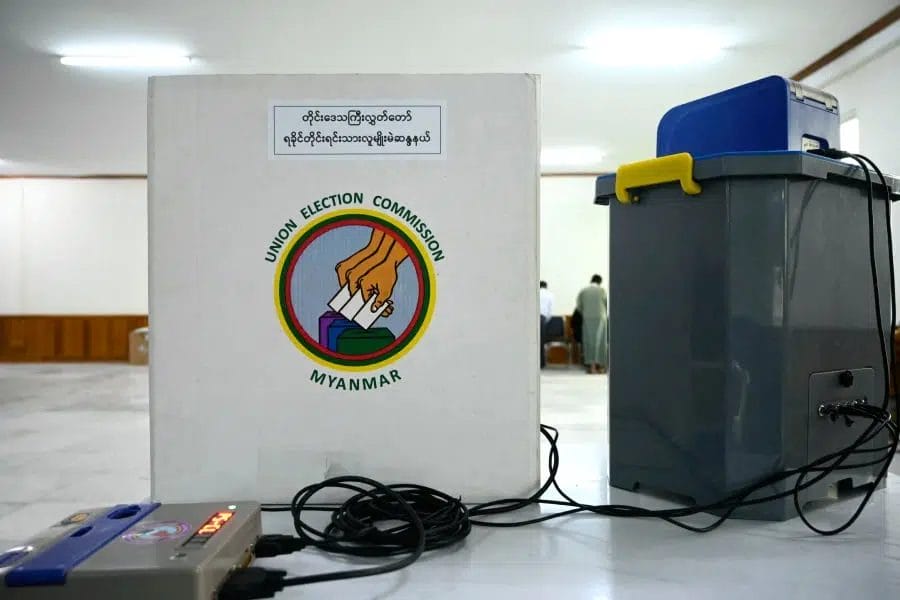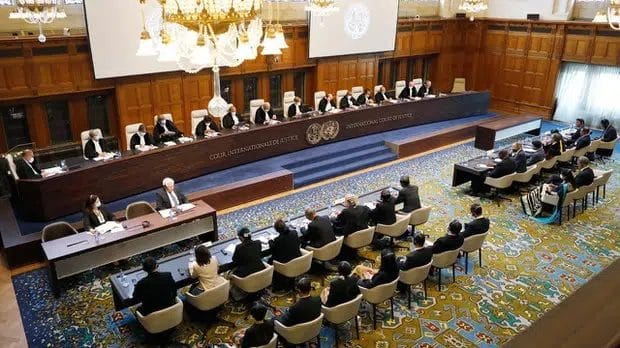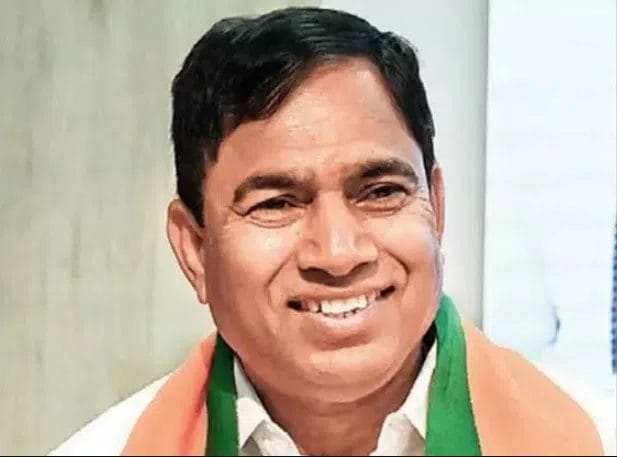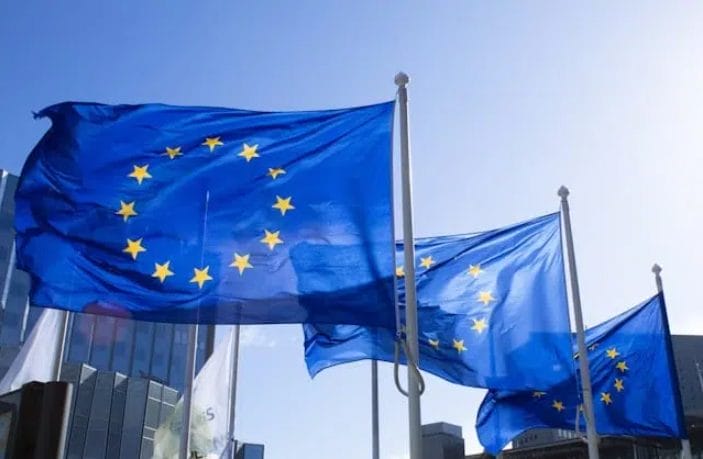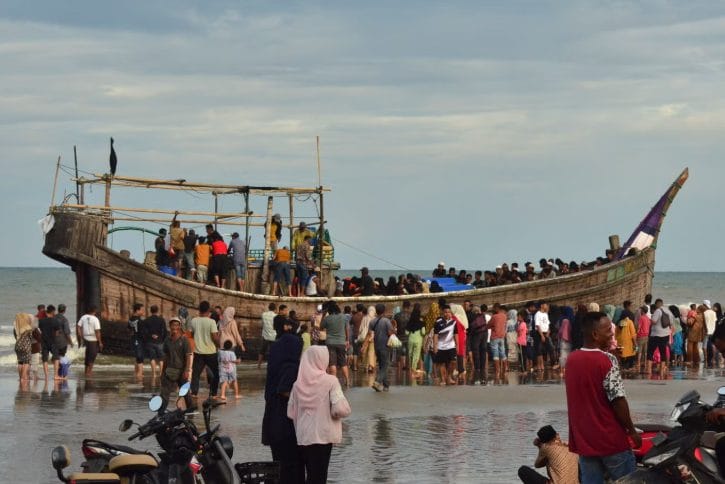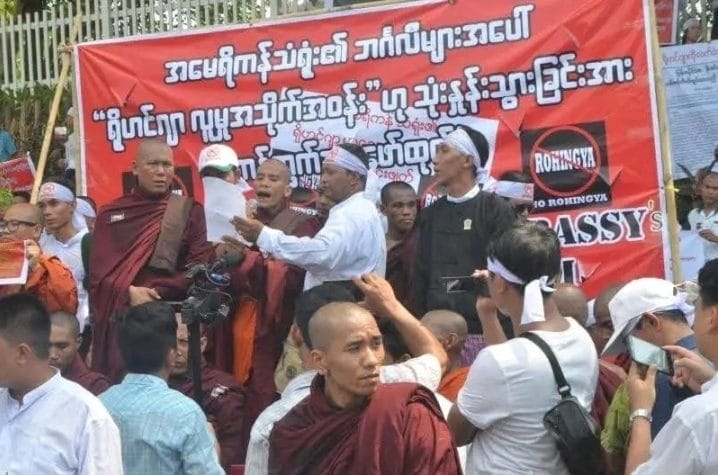Arakan News Agency
A new promotional film released by the Myanmar military council has reignited campaigns of boycott and public anger ahead of the elections that authorities plan to hold at the end of December, amid widespread doubts about their integrity after opposition parties were dissolved, most notably the National League for Democracy.
The film has triggered a wave of threats and widespread criticism against the actors participating in it, while authorities arrested a number of its critics in an attempt to contain the escalating backlash.
On October 26, the Myanmar military council released a film titled “Those Who Will Ride the Waves of History,” featuring some of the country’s most famous actors. The film presents a pro-military council narrative, portraying anti-coup protests as violent and destructive, while avoiding showing the repression carried out by security forces. It promotes the idea that the elections are the only solution to the crisis and that critics are misled or influenced by external forces.
According to The Diplomat, the film includes satirical plots targeting youth who joined the armed resistance and ends with a scene showing fighters planting a bomb that kills a child collecting waste, attempting to depict the armed opposition as a threat to society. It also attacks the civil disobedience movement, claiming that those who left their jobs returned out of compulsion after failing outside the system.
The film provoked widespread backlash, with boycott campaigns emerging against the artists involved, especially after resistance groups in Yangon threatened to punish them. Authorities arrested five people for engaging with posts criticizing the film, and reports emerged of prominent actors being detained for refusing to participate in other propaganda projects.
This film continues a long-standing practice by the Myanmar military council of using cinema to sow division, similar to the film “Girl Dog” after the 1988 uprising, which portrayed activists as deceived victims. Observers see it as an attempt to create fake public support for the elections and to tarnish the image of the democratic resistance.
Political reports suggest the film targets three groups: those uninterested in politics, to cement the military’s narrative; the educated urban class, previously influenced by propaganda during the Rohingya crisis; and international allies such as China and India, as the council seeks to present the elections as a peaceful solution.
Citizens fear electronic voting, which raises concerns about monitoring their votes, while those unwilling to participate fear being accused of obstructing the elections under the electoral penal code, which could carry the death penalty. In contrast, the National Unity Government pledges to hold accountable anyone forcing citizens to vote, but lacks the capacity to enforce this inside the country.
In March, the Myanmar military council announced that the general elections planned for December and January would be held in four stages, marking the first elections since the army’s coup in February 2021, following a series of previous pledges to hold them.
The general elections in Myanmar include electing parliament, or the Pyidaungsu Hluttaw, which consists of the Pyithu Hluttaw (House of Representatives), whose members are elected from various constituencies, and the Amyotha Hluttaw (House of Nationalities), whose members are elected from different states and regions. According to the 2008 constitution, the military appoints 25% of the members of both houses.
After parliament is elected, the president is chosen from among three candidates and appoints the government, with the military controlling key ministries—Defense, Interior, and Border Affairs—and retaining the right to veto any constitutional amendments due to its 25% parliamentary share.

